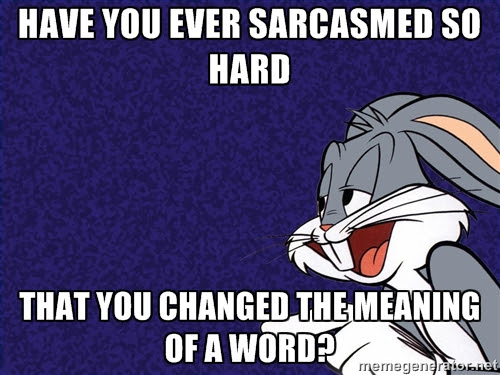Last year, a friend of mine was expecting. She wanted a girl and the father wanted a boy. One evening, we were out on the street and several of the father's friends came up to us and started talking about the future baby. The conversation was full of macho phrases like "Prove you're a man and make a boy." Even though the guys were essentially joking around, the expressions still struck me.
 |
| My friend had a baby girl, by the way. |
I am a strong believer that all jokes hold some truth, a glimpse into the psyche of the joke-teller. Even though these friends were joking around about making a baby boy, their words revealed an underlying belief that the man is in charge of selecting the baby's sex. And the baby's sex depends on or is a reflection of his manhood.
Of course, there is some scientific data to back this idea up. A woman has XX chromosomes whereas a man has XY chromosomes. Thus, all women's eggs will have an X chromosome whereas men's spermatozoa will have either an X or a Y. Up to here, that's all science.
However, what about the lexis surrounding reproduction? Dozens and dozens of articles I've skimmed through repeat the same tropes: The woman is a vessel. The woman's egg is a passive player, waiting for the sperm to reach it. The man is the active player. His spermatozoa swims and races to reach the egg.
It's been commonly taught to us that the first sperm cell to reach the egg is the winner. It decides if the baby will be a boy or a girl. It gets to fertilize the egg.
However, have you ever seen a video of fertilization? That ovum is surrounded by sperm cells!
So, is it really a matter of being the first one to win the race? Or perhaps fertilization is based on complimentary chemical reactions? The answer is chemistry, of course!
Have a look at this website from the Advanced Fertility Center of Chicago for a step-by-step explanation of the fertilization process.
So, it seems fertilization is infested with metaphors (plant a seed, the woman is a vessel) and something else: personification. Personification is a technique in which you grant human qualities to non-humans. These can be animals (the cat smiled with satisfaction) or objects (the dark towers sneered down at me).
If you have a look above, you'll see several instances of personification marked in italics. As with metaphors, personifying things helps bring them closer to us: it makes them more relatable. Nevertheless, some articles go a bit overboard. Just take a gander at the website What to Expect and their explanation of the fertilization process. For example (bold added):
But only one of those sperm will be crowned the victor in the frenzied fight to the fertilization finish, and it's a battle that's fraught with dangers lurking at every twist and turn of your reproductive tract (no one said it's easy being a sperm).
Fertility is no less. The website What to Expect delights in giving us the following battle metaphors: fortify the troops, call in the transport unit, gather steam, check the coordinates, battle to the finish, mission accomplished.
It seems battle expressions and personification serve to make the text more pleasant to follow, less "sciency", and perhaps bring it closer to the reader and make it thus more relatable. What do you think?










